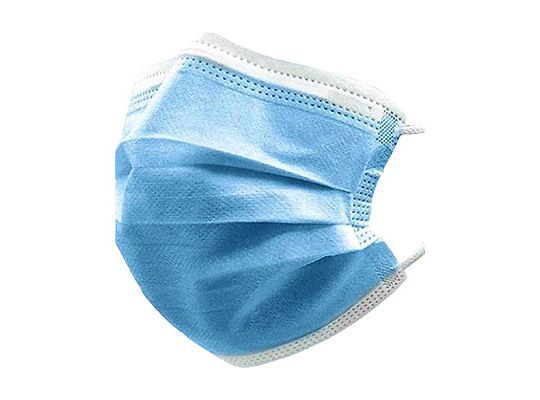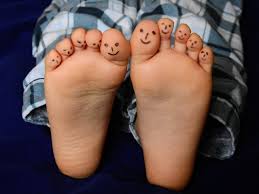What is it and what can we do about it?

Heel pain is a umbrella term used for pain that occurs underneath the heel or behind it. It is a common foot and ankle complaint that can affect anyone at any age but most commonly affects middle aged people, people that are overweight, athletes or people that stand for long periods of time. Many conditions can cause heel pain such as; plantar fasciitis, achilles tendonitis, heel spur, stress fracture and heel bursitis to name a few. However, most conditions usually develop as a result of either injury/trauma, poor biomechanics, or due to the natural ageing process. Heel pain is rarely a symptom of something serious but it can make walking difficult and if severe can affect daily activities.
Most cases of heel pain will resolve in time following a routine of rest and simple self care measures. However, if ignored or inappropriately treated, it can become chronic requiring a longer recovery period or more invasive treatments. Rarely, it may require surgery. It is therefore recommended that if heel pain lasts longer than 3 weeks, to seek professional advice from a qualified podiatrist who will be able to assess and diagnose the condition, as well as implement an individualised treatment regime.
Treatment for heel pain varies depending on the cause of the condition and the severity of the condition, as well as individual needs. Most acute cases of heel pain will get better with conservative management that focuses on easing pain, reducing inflammation, improving foot function and reducing pressure on the heel.
Some simple self care measures include:
Resting regularly and minimising standing/walking for long periods or on hard surfaces barefoot.
Ice the area when painful and elevate the foot.
Avoid wearing ill fitting or uncomfortable shoes with very flat unsupportive soles.
Wear shoes with a good cushioning sole and effective arch support. Sports trainers are particularly effective.
Take pain relief such as Non-steroidal anti inflammatories to reduce pain as well as inflammation and swelling.
If you are experiencing heel pain that has not resolved naturally or with the above foot care measures, get in touch with our team to receive your personalised assessment and treatment plan.





